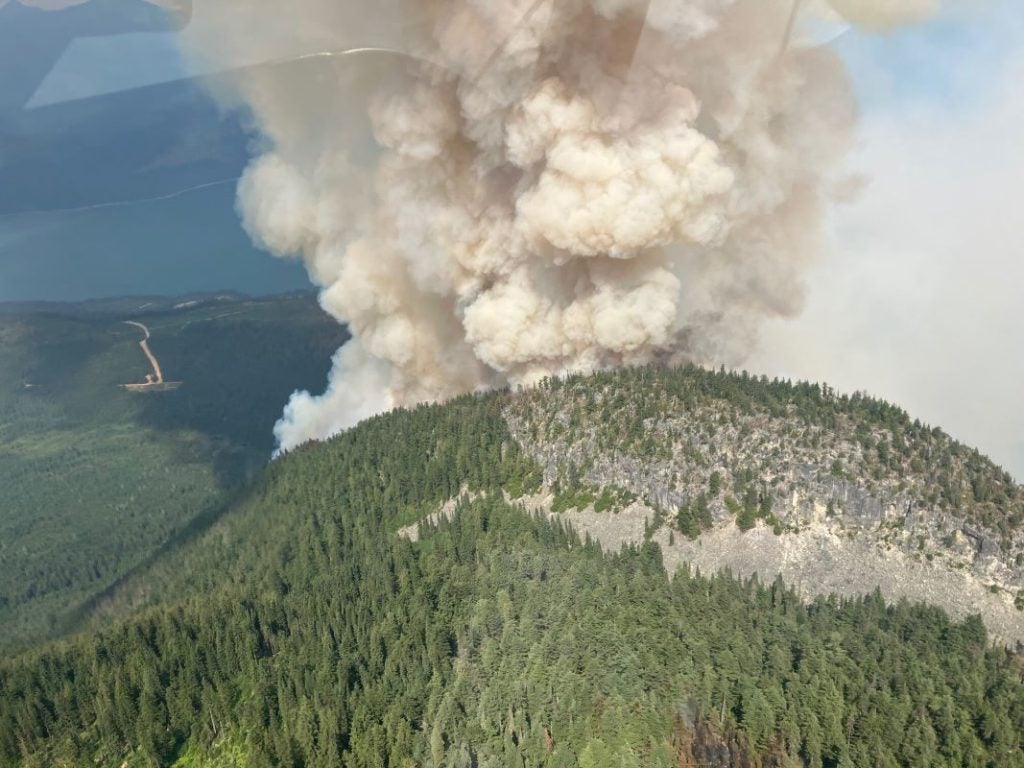Galkynysh Project is a producing conventional gas field located onshore Turkmenistan and is operated by Turkmengaz. According to GlobalData, who tracks more than 34,000 active and developing oil and gas fields worldwide, the field is located in block Galkynysh. Buy the profile here.
An expansion project is associated with the Galkynysh Project, namely the Galkynysh Development (Stages 4 -7). This project is currently in the feasibility stage.
Field participation details
The field is owned by Turkmengaz.
Production from Galkynysh Project
The Galkynysh Project conventional gas field recovered 56.35% of its total recoverable reserves, with peak production in 2022. Based on economic assumptions, production will continue until the field reaches its economic limit in 2039. The field currently accounts for approximately 28% of the country’s daily output.
Contractors involved in the Galkynysh Project conventional gas field
The key contractors involved in the Galkynysh Project project as follows.
Other Contractors: Petrofac
About Turkmengaz
“Turkmengas” is the biggest production and economic complex of Turkmenistan. Its activities include the development, production of natural gas and gas condensate fields in the territory of Turkmenistan. The company also process and transports the natural gas to consumers in the country. It also manages more than 30 gas condesate fields of Turkmenistan such as "Garashsyzlygyn 10 yyllygy", "Gazlydepe", "Bagaja", "Dovletabat", "Shatlyk", "Malay", "Kerpichli" and others. Turkmengas is headquartered in Ashgabat, Turkmenistan
For more details on the Galkynysh Project Conventional Gas Field, buy the profile here.
Data Insights
From

The gold standard of business intelligence.
Blending expert knowledge with cutting-edge technology, GlobalData’s unrivalled proprietary data will enable you to decode what’s happening in your market. You can make better informed decisions and gain a future-proof advantage over your competitors.







